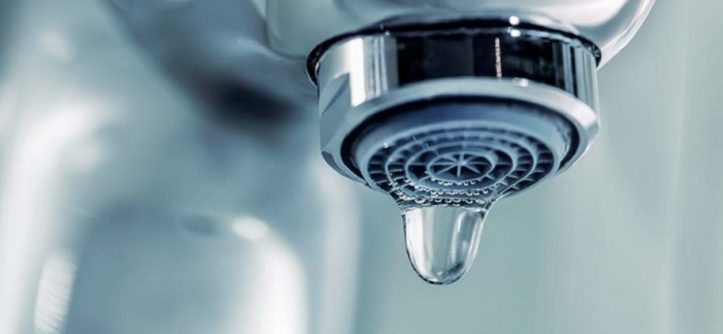Did You Know?
Only three percent of all water on the earth is freshwater. Two-thirds of this freshwater is tied up in the polar ice caps, leaving us just one percent to use for everything else.
The concept of saving water simply isn’t a priority for many families. That’s because domestic mains water has always been readily available and comparatively cheap in most cities, even in countries where user-pay systems have been introduced. However, we must come to terms with the reality that water is our most valuable, non-renewable resource.
By developing good, water-wise habits and using helpful, water-saving products, you can reduce your reliance on mains water significantly. That way, there will be more water available to keep in reserve, flush our rivers, and sustain the general environment.
Another, and possibly even more motivating, reason for saving water in the home is that it will also help to reduce your energy and detergent bills. In many countries, State Governments offer subsidies for installing ‘watersmart’ products such as AAA-rated shower-heads or flow-restricting valves, dual flush toilets, and more.
Start small, and take a step closer to water self-sufficiency, by implementing as many of the tips from the following list as are within your budget and appropriate for your home. Once you begin, you’ll find that saving water is easy.
Cost – Nil!
1. Rinse with water from a cup when brushing your teeth or shaving. You don’t need to use running water.
2. Cook your veggies in the microwave oven, rather than boiling them into submission in water in an open pot.
3. Use an ice-cream container, bowl, or bucket to collect water while you’re waiting for the water to run hot under a tap or shower. Use the collected water to water your indoor plants and herbs.
4. Put a plugin the sink or use a separate bowl when washing your hands. A running tap uses between 2-4 gallons (8-15 liters) of water a minute. Spread the water in the bowl over the back lawn.
5. Thaw frozen food over a few hours or in the microwave rather than running water over it for a long period of time.
6. Fill up your dishwasher before starting a wash cycle. If you need to rinse any items first, use a little water in a bowl.
7. Do your washing up by hand. It can be a great time for family chats while saving many gallons, or liters, of water.
8. Keep a jug or two of water in the fridge so you don’t have to run kitchen taps to wait for cool water to come through the mains.
9. Wash fruit and vegetables, and peel potatoes, in a half-filled sink rather than working under running water.
10. Monday is no longer wash day, instead, wait for a full load. In addition, if your machine has an automatic or manual load-level function, use it.
11. Your hose is not a broom. Use the appropriate tools – not water – to sweep your paths and driveway.
12. Place a couple of bottles filled with water into single-flush cisterns to reduce the volume of water available for flushing. Don’t use bricks as they can break up.
13. Keep your pool filled to halfway up the skimmer box. If the water level is too high you are wasting it and also lessening skimming efficiency.
14. Wash your car on the lawn, and use a hose only if permitted in your area. Car-washing detergents help fertilize the lawn (in moderation).
Cost – Under $20
15. Take short showers. Invest in a three-minute waterproof digital timer to take into the shower with you.
16. Add flow-restricting tap aerators to your taps wherever possible. They give a stronger, straighter water flow, save on water volume, and reduce splashing.
17. Screw-on kitchen water savers attach like aerators but can be adjusted from fine spray to straight jet and swivel around.
And a little more
18. Convert your existing spray irrigation system to a drip system using DIY drip-lines fitted to old outlets.
19. Try a spray-on waterless car washing product. They’re great for lightly soiled cars, but if you’ve been playing in the mud use detergent and water to avoid scratching the Duco.
20. Reduce evaporation from your swimming pool by using a pool cover. This will mean less topping up. While you’re at it, even though we all know it’s lots of fun, ban ‘bombing’ – it can bring on a water crisis.



Leave a Reply
You must be logged in to post a comment.